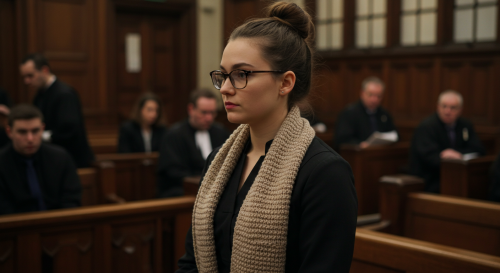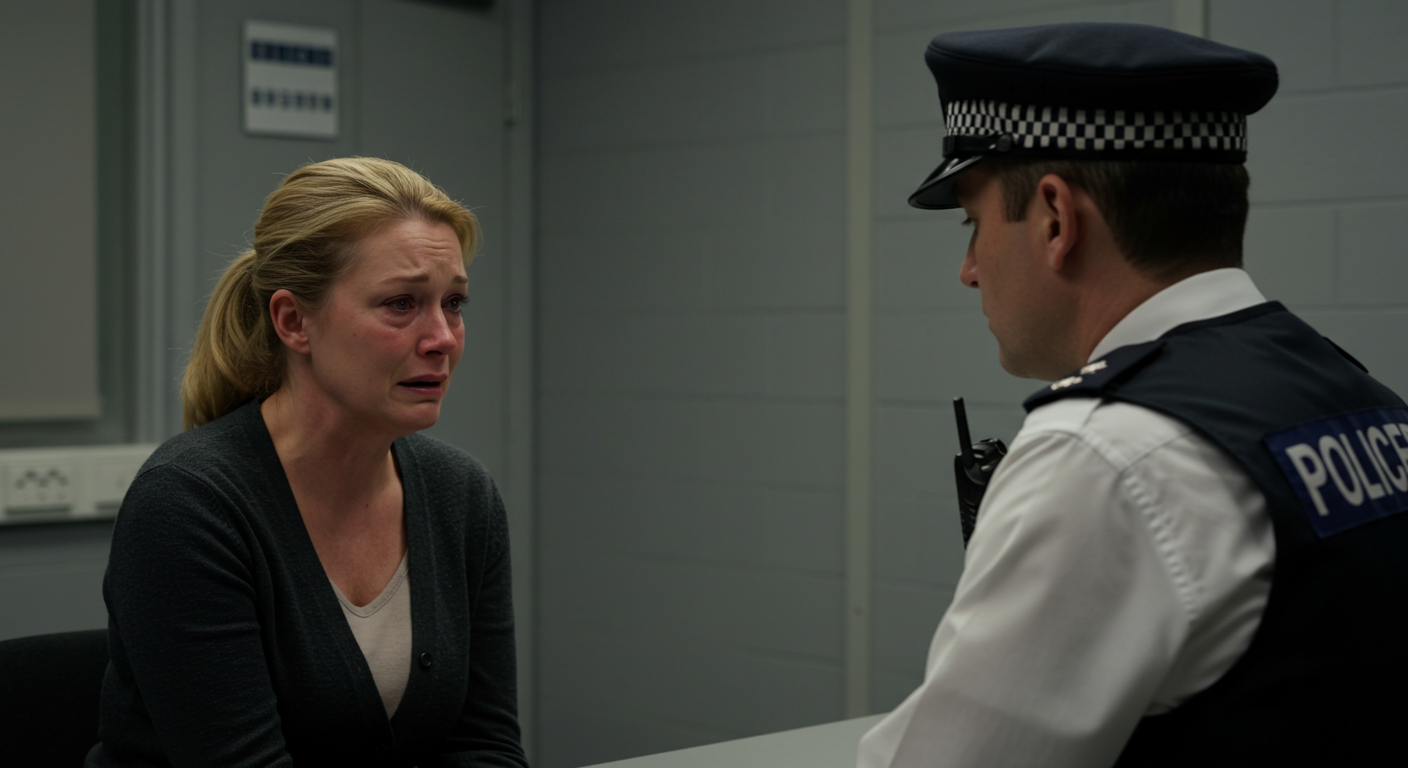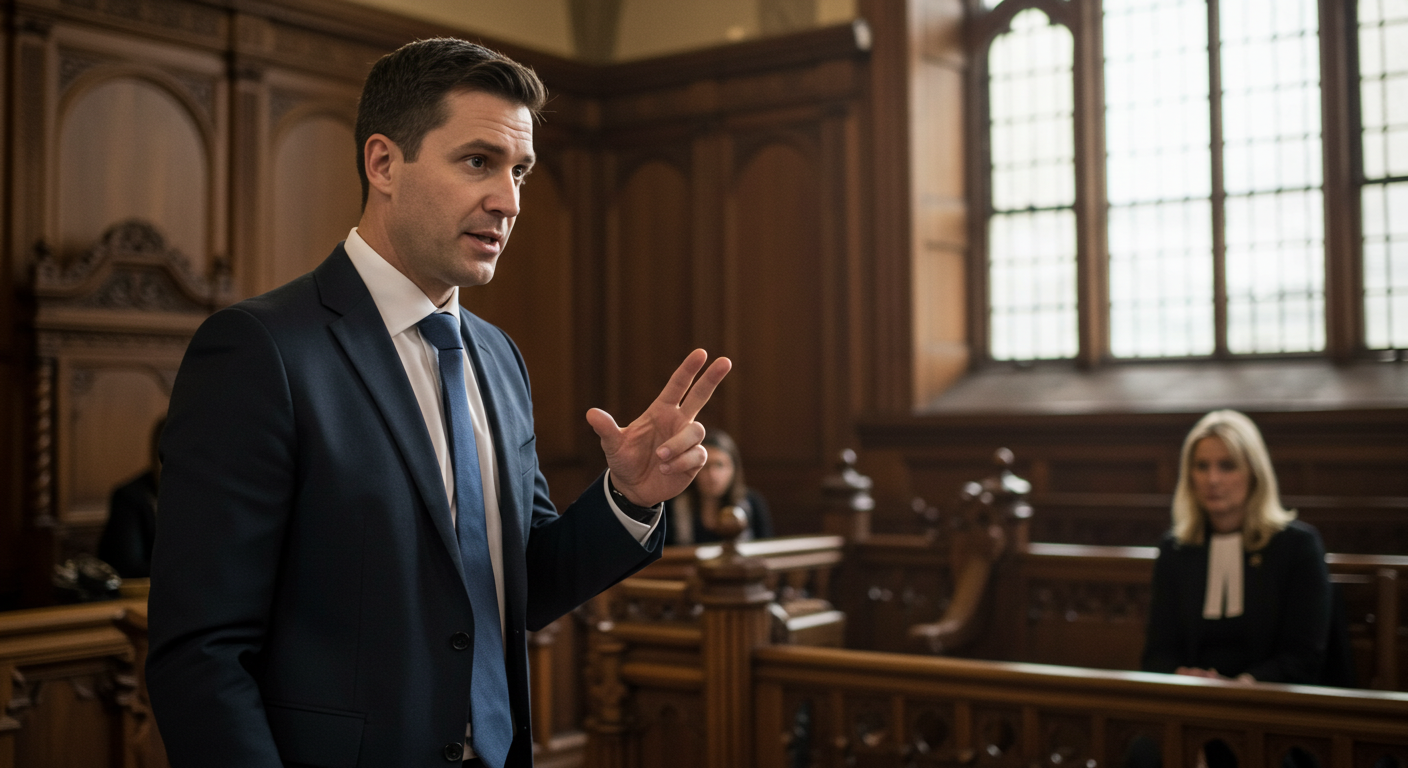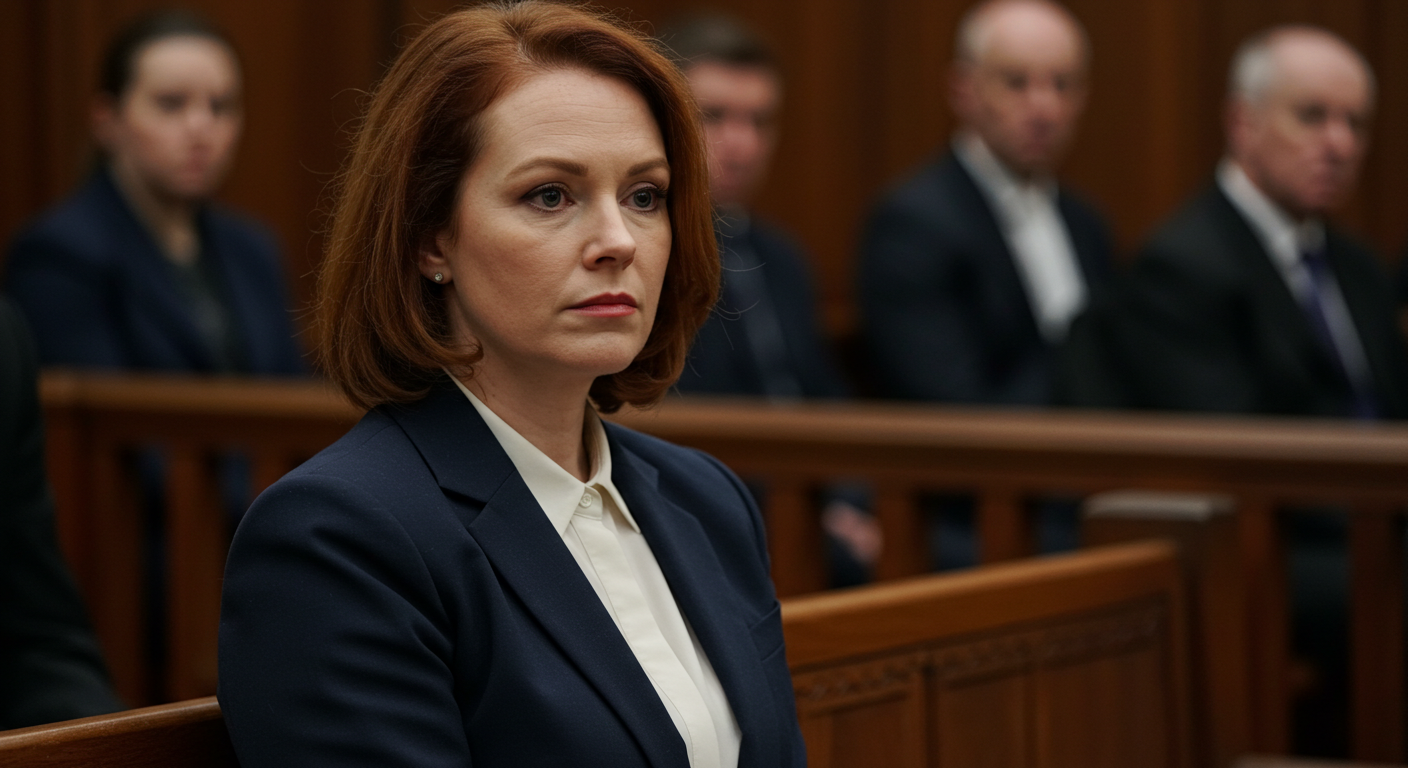The Role of Witness Statements in Sexual Offence Trials

The Role of Witness Statements in Sexual Offence Trials
The role of witness statements in sexual offence trials is significant, as they are often one of the most influential pieces of evidence presented in court. They can either support the prosecution’s case or provide crucial evidence for the defence. In some cases, a single witness statement can be the deciding factor in whether a jury believes the alleged events occurred.
At Makwanas, we understand the weight that witness statements carry. We specialise in sexual offence defence solicitors and meticulously review, challenge, and, where appropriate, obtain our own witness evidence to ensure your case is presented fairly and accurately.
📞 Book Your Free Discovery Call Today – Speak to a solicitor about witness evidence in your sexual offence case.
What Is a Witness Statement?

A witness statement is a written or recorded account of what a person saw, heard, or experienced in relation to an alleged offence. In sexual offence cases, this can include:
- Statements from the complainant (alleged victim).
- Eyewitness accounts from people who were present before, during, or after the alleged incident.
- “Hearsay” statements about what the complainant told someone else.
- Expert witness statements from medical professionals, psychologists, or forensic scientists.
How Witness Statements Are Collected
- Complainant Statements – Often recorded as a video interview following Achieving Best Evidence (ABE) guidelines.
- Civilian Witness Statements – Written accounts signed by the witness and admissible in court.
- Police Officer Statements – Detailing their observations, actions, and the evidence gathered.
The police will usually gather these statements early in the investigation to avoid memory deterioration.
The Role of Witness Statements in Sexual Offence Trials

- Supporting the Prosecution – The prosecution relies on witness statements to build a consistent narrative.
- Challenging the Defence – Statements can contradict the defendant’s account.
- Providing Corroboration – Even in the absence of forensic evidence, multiple consistent statements can strengthen the prosecution case.
- Undermining Credibility – Inconsistencies in witness statements can be used by the defence to challenge reliability.
How the Defence Challenges Witness Statements
We can:
- Cross-examine witnesses on inconsistencies or memory gaps.
- Obtain independent witness statements supporting your account.
- Challenge the admissibility of unreliable hearsay.
- Highlight possible bias, coercion, or influence in a witness’s testimony.
FAQs: The Role of Witness Statements in Sexual Offence Trials

1. Can a case go to trial based only on witness statements?
Yes — many sexual offence cases rely heavily on witness testimony.
2. Can a witness change their statement?
Yes — but this can affect credibility if changes are significant.
3. Are witness statements always read out in court?
No — sometimes they are agreed upon as evidence without oral testimony.
4. Can the defence call their own witnesses?
Yes — and their statements must also follow evidential rules.
5. What happens if a witness refuses to attend court?
The court can issue a witness summons, but this depends on the case.
Notice: Informational Content Disclaimer
The content provided on this website, including articles, blog posts, and other informational materials, is intended for general informational purposes only. It is not intended as, and should not be considered, legal advice.
Visitors to this website should be aware that the information presented here is not a substitute for seeking legal advice from a qualified solicitor or legal professional. Each individual's legal situation is unique, and the information provided may not be applicable to specific circumstances.
If you require legal advice or have specific legal questions, we encourage you to contact us directly. Our experienced team of solicitors is here to assist you with your legal needs and provide tailored advice to address your concerns.
Please be advised that any communication through this website, including the use of contact forms or email, does not create a solicitor-client relationship. Confidential or time-sensitive information should not be sent through this website. To establish a solicitor-client relationship and discuss your legal matters in detail, please contact us for a consultation.
We strive to provide accurate and up-to-date information, but we make no representations or warranties regarding the accuracy, completeness, or suitability of the information contained on this website. We shall not be liable for any reliance placed on the information provided herein.
Thank you for visiting our website. We look forward to the opportunity to assist you with your legal needs.




